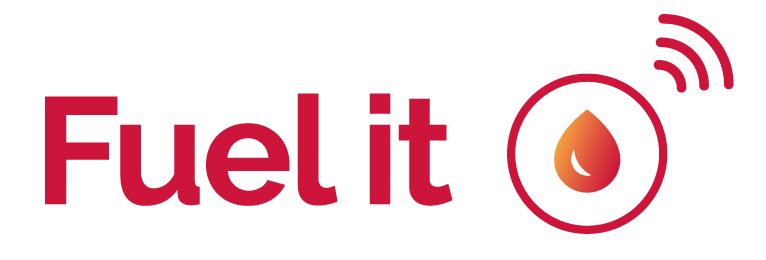Detail of the article and creation of CYCLEVIA:
The French government decided in the law n° 2020 -105 of February 10, 2020 and in a decree of April 27, 2021 to set up the principle of Extended Producer Responsibility (EPR ) for the mineral and synthetic oil sector.

In brief:
This new EPR aims to recover and recycle mineral & synthetic oils
(motor oils, lubricants, etc. …. – not soluble oils) and should be implemented according to the latest information during the first half of 2022 (with retroactive effect to January 1st possible?)
For the past year, a qualified working group made up of representatives of the various oil producers’ unions (CPL, UFIP, CSNIL, etc.) in France has been working on the specifications that will surround the implementation of this EPR for lubricants. Their work was based on a comparative report on the various European initiatives published in March 2021 – European review of extended producer responsibility (EPR) schemes for lubricants – and on numerous working meetings.

Concrete changes:
Concretely, and following this work, the eco-organization CYCLEVIA will be created to manage the implementation of this EPR from 2022. This eco-organization has decided to
the implementation of an eco-contribution
to be paid by the lubricant marketers.
In addition, special provisions should be put in place such as:
- Free collection for regeneration
- Monitoring of a fixed minimum regeneration rate (estimated around 85%)
The sector would therefore be a so-called “financial” EPR, and not an “organizational” EPR compared to other existing initiatives in various sectors. Marketers (lubricant distributors) will not have to collect and regenerate waste oils. The collection system of used oils and the two regeneration plants being already existing in France, the current system should not be upset.
Nevertheless, we are entitled to ask ourselves the following question:
What impact for connected gauges? :

Fuel it & Datawaste ‘s connected sensors (new oil vs. used oil, etc.) already deployed by marketers or used oil collectors will find a triple use:
- Traceability
- The service
- Route optimization
The requirement of traceability for regeneration of waste oils will be essential in the new EPR.
Monitoring the quantities delivered to a customer (garage, workshop, etc.) and comparing them with those collected (so-called “black” oils) can be done with a connected gauge.
Potentially, in the April 2021 decree, it was envisaged that marketers would have to provide the containers (tanks, drums or tubs) and the personal protective equipment (PPE ) necessary for the various collection points (garages, waste collection centers, etc.).
This possibility has not been decided, but in any case, tracing and tracking the life cycle of oils will be relevant. The Fuel it software that collects data from the different level gauges on the market for these containers has already shown its usefulness. It allows to know in real time what is in all the tanks of its customers (new oils) and what must be collected. This information transmitted to the collectors (or aggregators) allows them to provide additional services.
In fact, the implementation of EPR at the same time as
an economic situation plagued by inflation, particularly in lubricant prices, is an opportunity for lubricant manufacturers and distributors, as well as collectors, to provide a service to users.
The gauge will allow users to:
- to track their consumption,
- anticipate the need for replenishment,
- avoid emergencies and offer a differentiating element in a competitive sector.
Offered or made available as part of a more global service (provision of tanks or PPE) it will contribute to increasing the service and explain the need for traceability.
In addition, the data collected by the gauge will have a real operational impact. With a complete vision of the users’ needs in new and used oil, the collectors will be able – as our customer Chimirec already does – to
greatly optimize logistics costs.
It will be the same for the marketers who will be able to anticipate the needs and manage the supply rounds in the best way. Some of our customers like Hafa, Armorine, Igol (Cipellia), Lubexcel have seized this opportunity.



